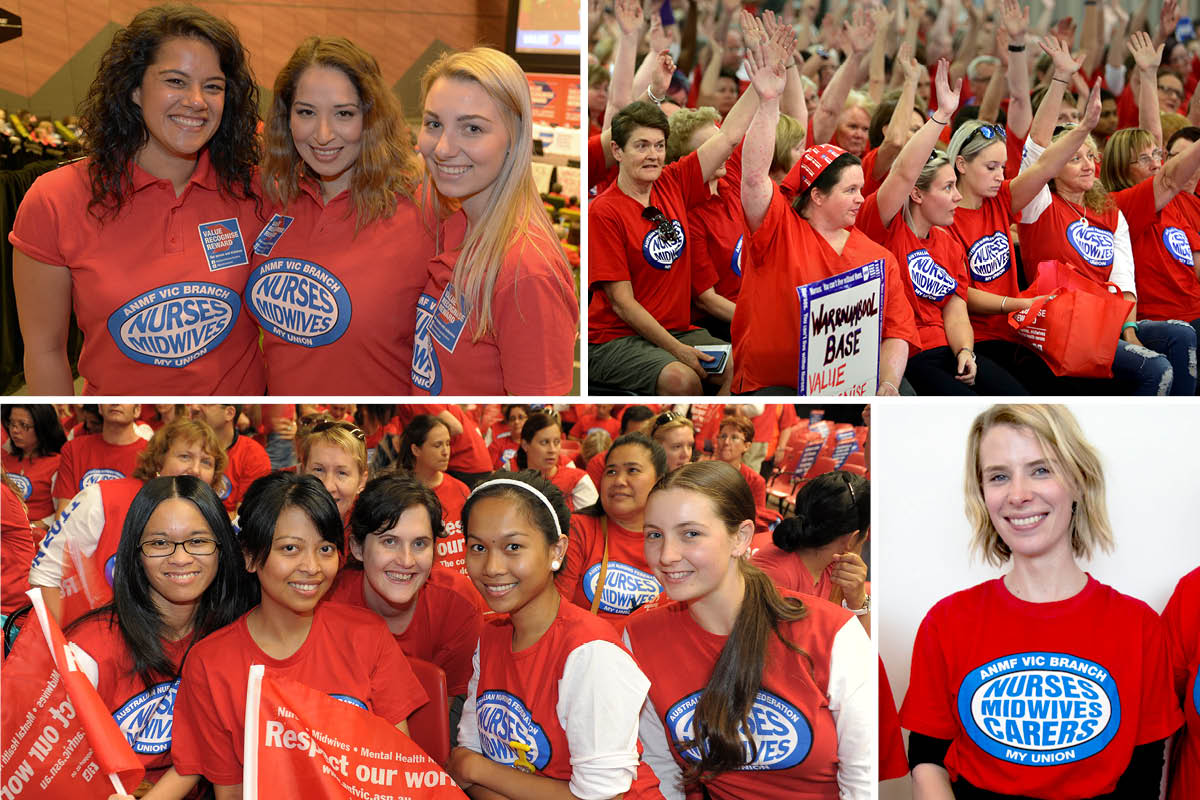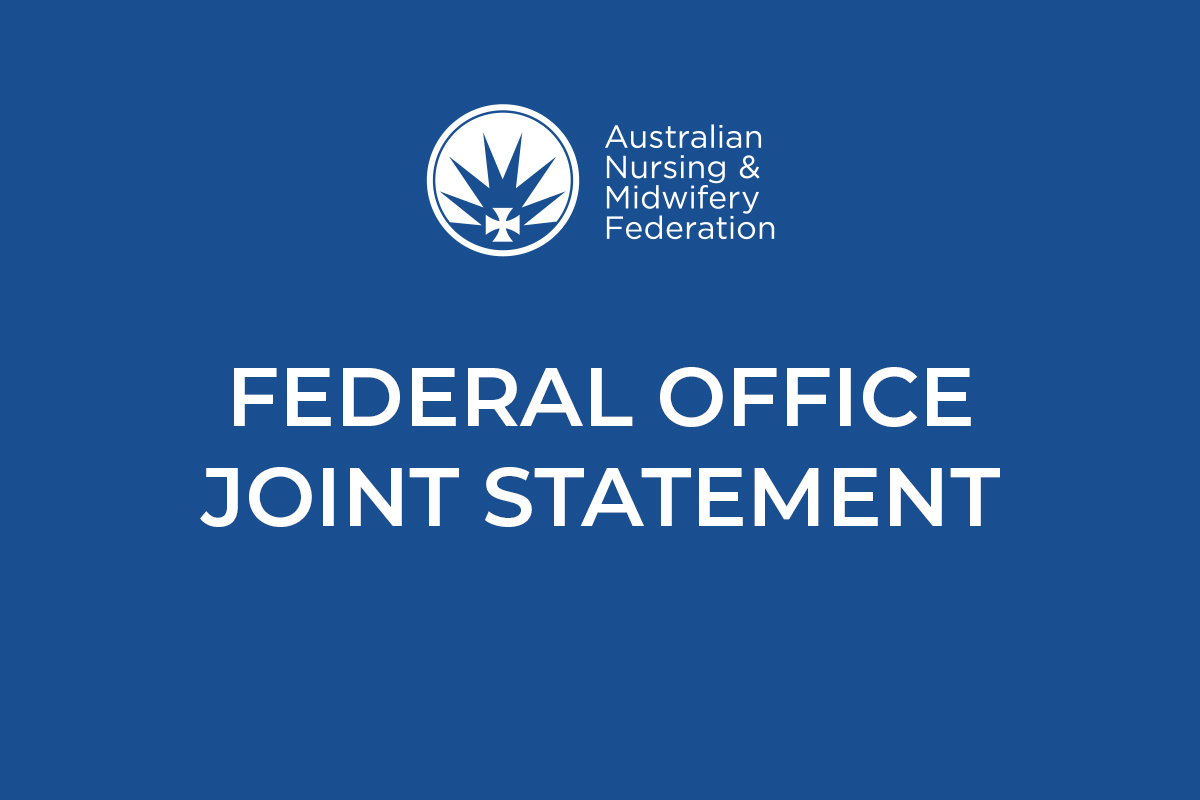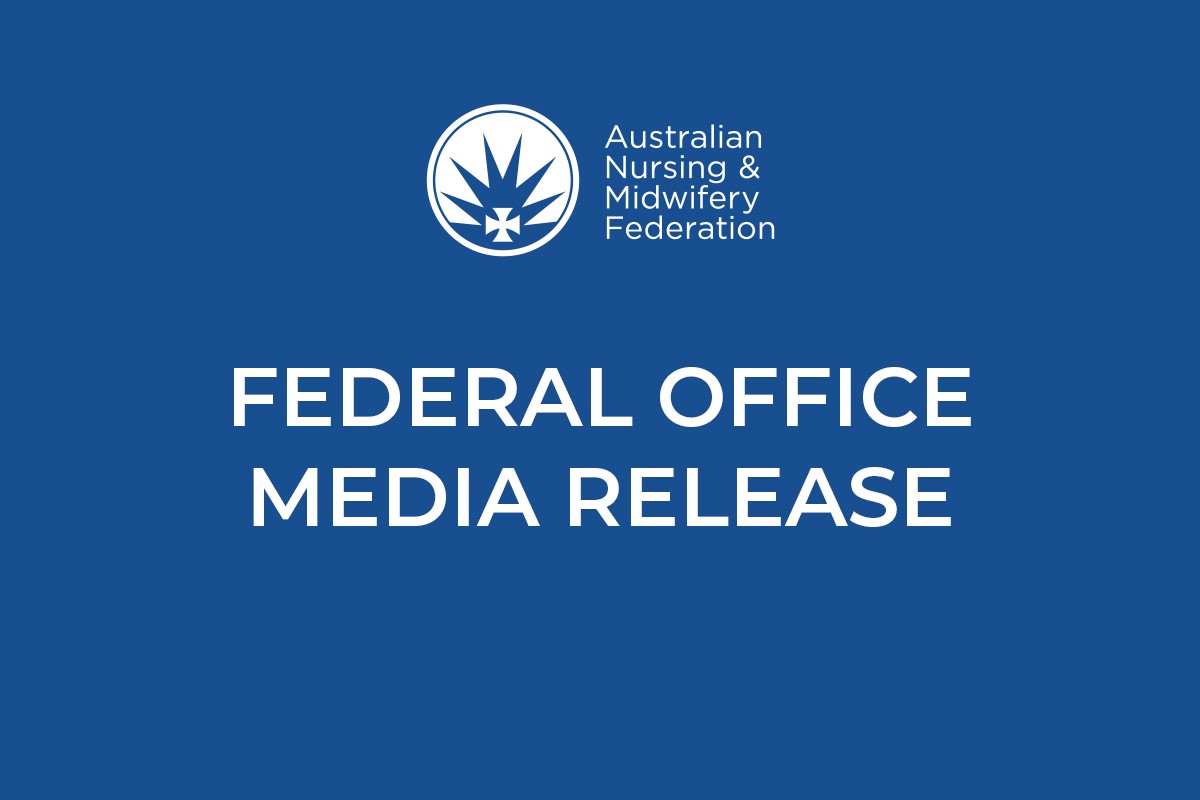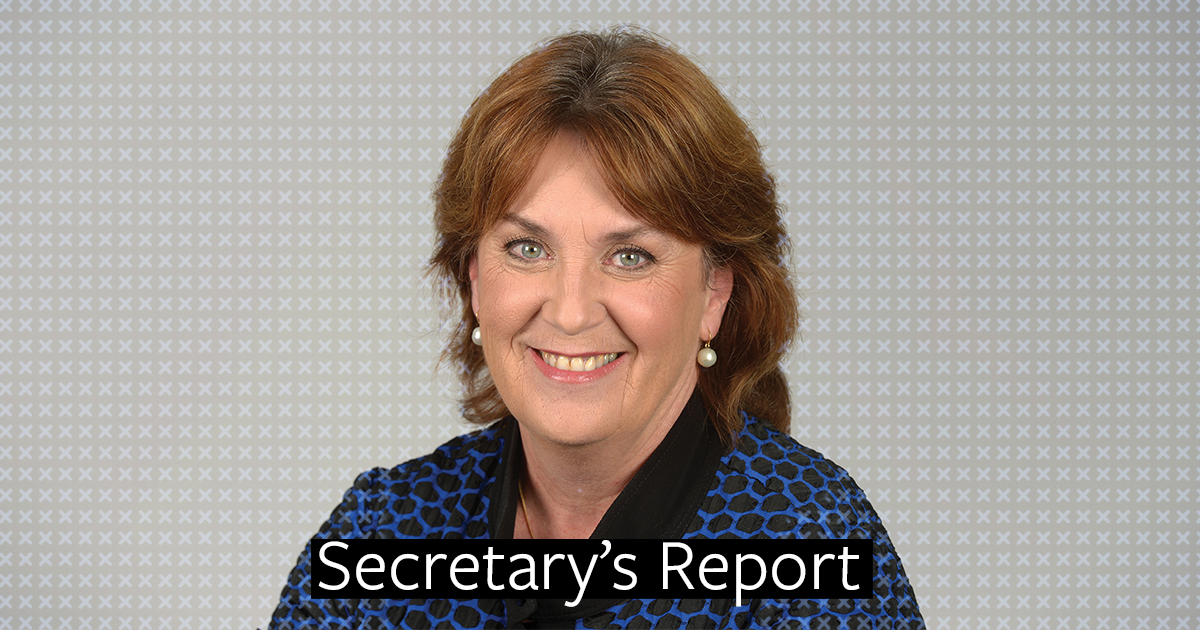
Words and tears have flowed since 50 people were killed while praying in two mosques in Christchurch.
These words have been important.
They always have been.
Over the past two decades language has been used to dehumanise people. ‘Illegals’ instead of ‘people seeking asylum’. ‘Detainees’ instead of ‘clients’. ‘Turning back boats’ instead of ‘returning to harm’. This kind of language aided the acceptance of the unacceptable.
Bendigo mental health nurse Christine Cummins has witnessed the consequences of such language. She spent four years counselling and working with vulnerable, traumatised people who had sought asylum and were living in the Christmas Island detention centre. Christine aims to restore some of the lost compassion by sharing her clients’ stories in her new book, Dignity in a Teacup.
Turning point
Our leaders’ language changed when the Howard government stopped a Norwegian cargo ship, the MV Tampa, from entering Australian waters in August 2001.
That ship was carrying 433 people who had been rescued from a broken Indonesian fishing boat north of Christmas Island.
Most were seeking asylum from persecution in Afghanistan. As lawyer and refugee advocate Julian Burnside wrote in an article for The Conversation – ‘they were trying to escape the same extremists we were so frightened of’.
It is legal to seek asylum. When our prime minister and our government called those people ‘illegals’ – he changed how many viewed their motivations and intentions.
The events that happened next would cement this loss of compassion.
The following month terrorists would fly planes into New York’s World Trade Centre killing 2996 people.
Australia, Britain and the United States would invade Afghanistan in October.
Offshore processing and detention centres were born and the Howard Government won a third term in November 2001. The language of fear tightened its grip. Facts didn’t matter.
Most of the people rescued by the Tampa were found to be refugees and were eventually resettled to start their lives again in new countries. New Zealand opened its doors to more than 200. Australia took 29. Another 186 returned to their home country voluntarily. Some spent years waiting on Nauru.
This is not a history lesson. It’s a reminder of a point in time, not so long ago, when our trajectory changed. Fear of those who were different was validated despite resistance.
ANMF (Vic Branch) Council and members were amongst those who challenged the new language and the border protection policies that reinforced we could not trust people seeking safety based on their religion or mode of transport.
At its meeting on 11 September 2001 Branch Council resolved ‘that Victorian nurses condemn the action of the Prime Minister and his government for the inhumane treatment being given to refugees attempting to reach Australia by boat, believing that the current government stance to be astonishing given that our society has been based largely on the acceptance of refugees and that Australia has developed as a first-class country because of their contribution. Of major concern to nurses is that by its action the government is threatening both the physical and mental wellbeing of these people, and, as a group of workers whose primary role is the provision of physical and psychological care, we would ask that the government immediately desist from its current callous treatment.’
Unfortunately, this almost 18-year-old resolution is just as relevant today.
On Friday 22 March ANMF (Vic Branch) held a short service to mark the two minutes silence for the victims of the Christchurch attacks out of respect for our Muslim ANMF members, our office colleagues and those in New Zealand. We also wanted to acknowledge those nurses and other frontline workers. The work that they did that day and the care they continue to provide to victims and their families.
Let this be a new point in our history. Let’s use kind and compassionate words of the many, including New Zealand’s Prime Minister Jacinda Adern, to bridge the chasm that has divided us.
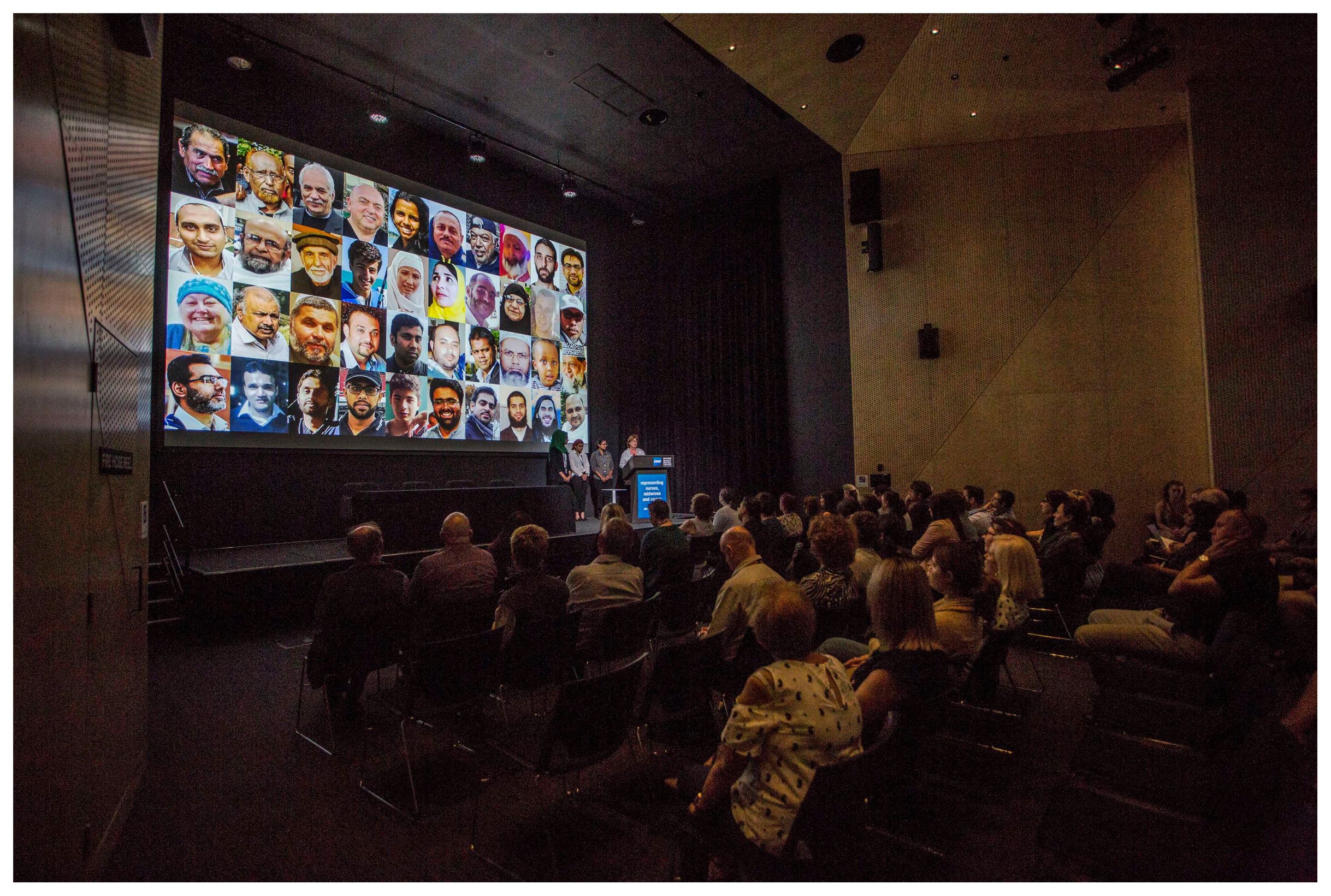
ANMF held a service for the the victims of the Christchurch attacks. Photo Meredith O’Shea


